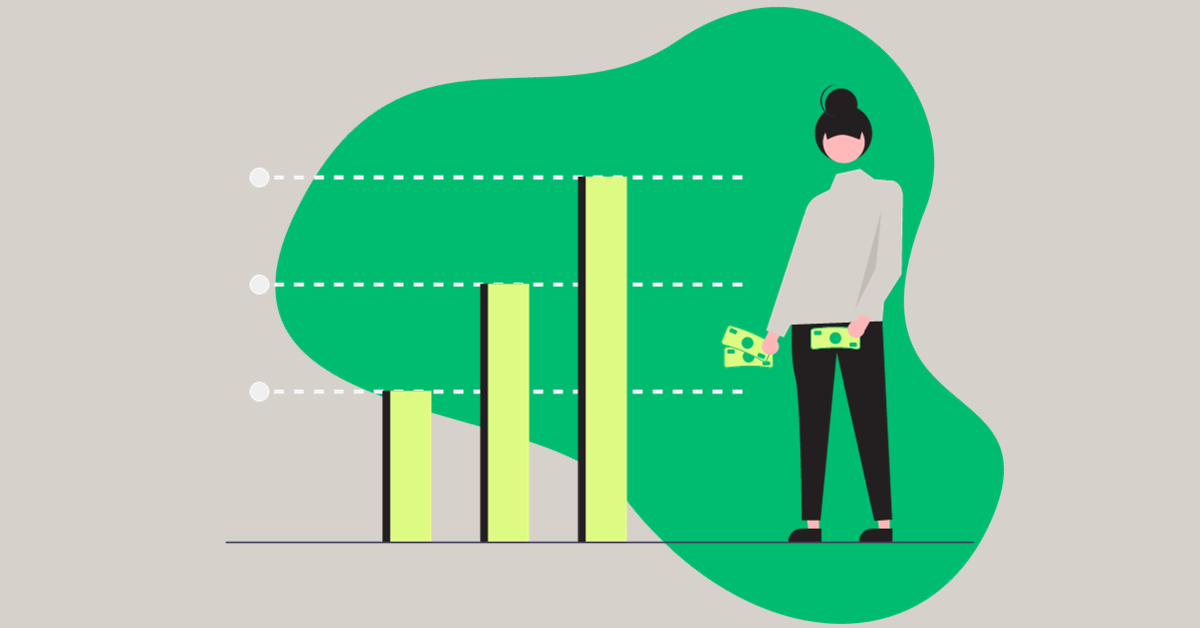How Do Solar Panels Help Save Me Money?

Solar panels are often heralded for their eco-friendliness, yet their financial benefits are equally compelling. This article belongs to our 2023 Homeowners Guide to Solar Energy series, designed to navigate you through each stage of the solar journey, unveiling some lesser-known insights that other solar installation companies might not share.
By harnessing the sun's rays, solar panels significantly slash electricity bills, offer enticing tax incentives, and boost property value, making solar panels a smart investment for your wallet. This article unravels how solar panels transition from being a mere rooftop adornment to a robust money-saving asset, answering the pivotal question: How do solar panels save me money?
Investment Towards Long-term Savings
Embarking on the solar journey begins with getting a quote from a solar installer followed by an upfront investment, primarily for purchasing the panels and installation. However, the financial narrative of solar panels transcends the initial costs. Over time, the substantial reduction in electricity bills results in notable savings, effectively offsetting the initial expenditure.
Solar panels also boast a long lifespan, exceeding 25 years, allowing savings to accumulate over the decades. The long-term financial outlook of solar panels is promising, turning the initial investment into a wise financial move with enduring paybacks.
Reduce Your Monthly Electric Bills
Solar panels are synonymous with lower electricity bills. By generating your own power, you significantly cut down on the electricity drawn from the grid, resulting in lower monthly charges. The savings are especially noticeable during sunny months when solar panels operate at peak efficiency. Over time, these monthly savings add up, making a substantial difference in your annual energy expenses.
With escalating energy prices, solar panels act as a hedge, locking in lower energy costs and providing a sense of financial stability amidst fluctuating utility rates.
Government Incentives and Rebates
Transitioning to solar is financially eased by various governmental incentives and rebates. These rebates, available upfront upon solar installation, are provided by states and utility companies, sometimes at a fixed rate or based on your system's size. They are often locally-based, making your geographical location a key factor in your eligibility.
Rebates can substantially lower the initial costs, making solar an attractive and affordable option. It's advisable to consult with multiple solar installation companies to discover the available rebates in your area, ensuring you seize every financial benefit available when going solar.
Boost Your Property Value
Solar panels don't just provide savings on electricity bills, they also add a premium to your home's value. According to the National Renewable Energy Laboratory, for every dollar saved on electricity bills, your home's value increases by $20. Furthermore, data from Zillow reveals that homes equipped with solar panels sell for over four percent higher than those without.
The attractiveness of having a renewable energy source is something many new homebuyers seek, which in turn, boosts the property's value. On average, solar installations add a premium of $20,194 to the sales price of houses, particularly appealing in the mid-$500,000 range. This added value can significantly outweigh the initial costs of solar panel installation, making it not only a green choice but a financially savvy one.
Environmental Economic Impact
Solar panels are a catalyst for a greener economy. By reducing reliance on fossil fuels, they contribute to a decrease in greenhouse gas emissions, a significant step towards combating climate change. This environmental impact has a ripple effect on the economy. Transitioning to a green economy can spur job creation in the renewable energy sector, reduce healthcare costs associated with pollution, and mitigate expenses tied to climate change adversities.
Solar energy's infinite nature ensures a stable, sustainable energy supply, reducing the economic risks associated with fluctuating fossil fuel prices. Through solar panels, you're not only saving money but contributing to a broader economic and environmental wellbeing.
Maximize Savings with Battery Storage
While batteries provide security and peace of mind in the event of power outages, they can also help you save on electric bills. Depending on your location, integrating battery storage with your solar panels can elevate their financial benefits. Batteries store the excess solar energy produced during the day, which can be utilized during grid outages, ensuring a consistent and reliable energy supply.
Additionally, in regions with time-of-use rates or demand charges, battery storage allows you to draw stored solar energy during peak pricing times, avoiding higher rates. Battery storage not only maximizes the financial returns of your solar investment but also enhances energy independence, giving you greater control over your energy costs.
Final Thoughts on Solar Savings
Solar panels are a powerhouse of benefits, offering both financial savings and a pathway to a greener planet. By reducing monthly bills, availing government incentives, enhancing property value, and promoting environmental sustainability, solar panels emerge as a financially prudent and eco-conscious choice. The addition of battery storage further amplifies the savings, ushering in energy independence.
As you reflect on the potential savings and the positive environmental imprint, considering a solar setup becomes more than just a fleeting thought. By choosing a reputable solar installer, you can set yourself up for financial and environmental success. Schedule an appointment today, and take a stride towards a brighter, financially savvy, and environmentally responsible future.
Want to learn more and take the next step in your solar journey? Click the link below to learn more and download your free copy of “The 2023 Homeowner’s Guide to Solar Energy.”